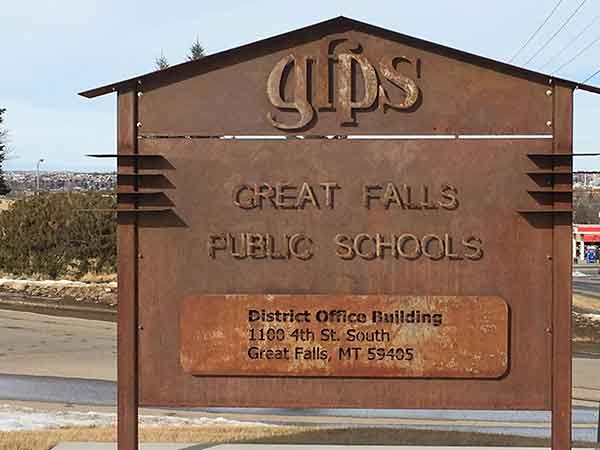We know you haven’t heard from us in some time. Some of you wondered (hoped?) if we were simply going to go away. The truth is, we have been in transition. Effective today, founding Editor Kelly Parks has resigned, and Phil Faccenda will be taking her place. “Kelly deserves tremendous credit for getting this project off…
Responding To An Angry Reader
On a Facebook post sharing Phil Faccenda’s excellent piece from yesterday, Angry Reader Dennis Granlie really let us have it. He writes, “You really need to change the name of this blog to “Sore Losers’ Page.” You simply must accept that Rick lost the election and stop trying to litigate it time and time again! When…
Cracking The River City Echo Chamber
“We created an echo chamber,” he admitted, when I asked him to explain the onslaught of freshly minted experts cheerleading for the deal. “They were saying things that validated what we had given them to say.” – Ben Rhodes, former deputy national security advisor to President Barack Obama, in the New York Times Magazine. While…
Nativism Alive And Well On The Great Falls City Commission
Great Falls City Commissioner Tracy Houck, a partisan Democrat from Pennyslvania, wrote an amusing letter-to-the-editor, slamming Republican Greg Gianforte for allegedly not representing “Montanan” values. Supporting Rob Quist, Houck writes in today’s Tribune: We have seen him understand our values, our needs and our experiences and turn them into song. While one’s ability to fashion values into…
Tryon: Wages, Population Stagnant; City Taxes And Utilities Up
With the City of Great Falls moving past the financial fiasco of the $5,553,054 bailout (decrease in unassigned General Fund balance) in 2013 to cover the electric power business (see City 2014 CAFR Financial section, p. 14), the City’s financial position has improved, but the needs of the City are still great. The façade of the…
Way To Go, GFPS
Say what you will about the School Trustees, but a majority of them seem to be very tuned in to public sentiment. Last night, the School Board rejected a $1.2 million elementary levy by a 4-2 vote, with only Bob Moretti and big government liberal Don Ryan dissenting. Ryan is currently up for re-election. As the tide seemed to…
Anonymous Packet Hits The Westside, Rips GFPS
A number of Westside residents received a surprise in their mailboxes this week, in the form of the following 12-page packet. In it, the author takes issue with Tammy Lacey and GFPS for the School District’s construction plans at the Little Russell School site. The District’s operations facility does not conform with county zoning requirements. One…
BREAKING: GFPS Budget Committee Recommends $1.2 Million Elementary Levy, $1 Million Tech Levy
At the GFPS budget meeting (which is still underway), the budget committee recommended a $1.2 million levy for elementary schools, as well as a $1 million technology levy. That’s two levies, for $2.2 million, proposed not even six months after voters approved a nearly $100 million school bond. The full Board of Trustees will vote on whether or not…
Benefis FNP: Patient Care Should Trump Union Constraints
On March 9, the Tribune reported that a majority of Benefis RNs signed interest cards to vote on whether or not to form a union. Since then, opposition to unionizing has grown. Julia Fitzpatrick, FNP, has a good letter-to-the-editor in the Tribune today. It comes after a recent KRTV story detailing her efforts to prevent Benefis nurses from unionizing. Fitzpatrick has organized…
Small Town, Big Government?
After a lively couple of weeks, the City has decided — in advance of its previously scheduled March 6 meeting — that the Children’s Museum will not have to pack up and move, at least for now. The fiasco surrounding the CMOM highlighted a larger issue, though: the City’s desire to grow our government. Let’s take a look at some recent statements…










